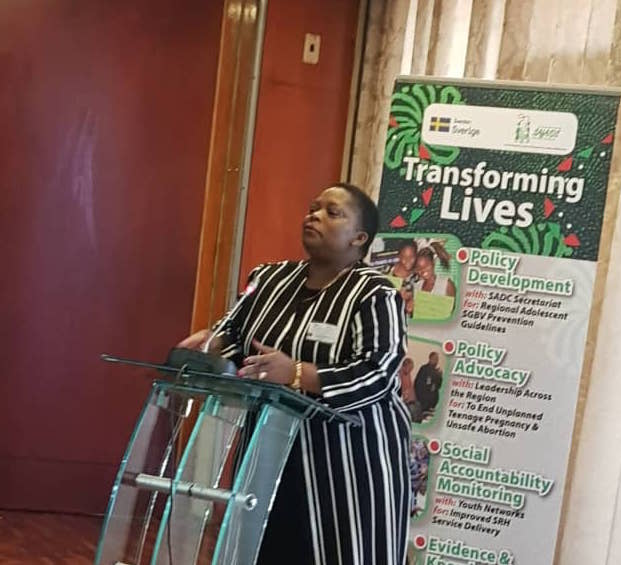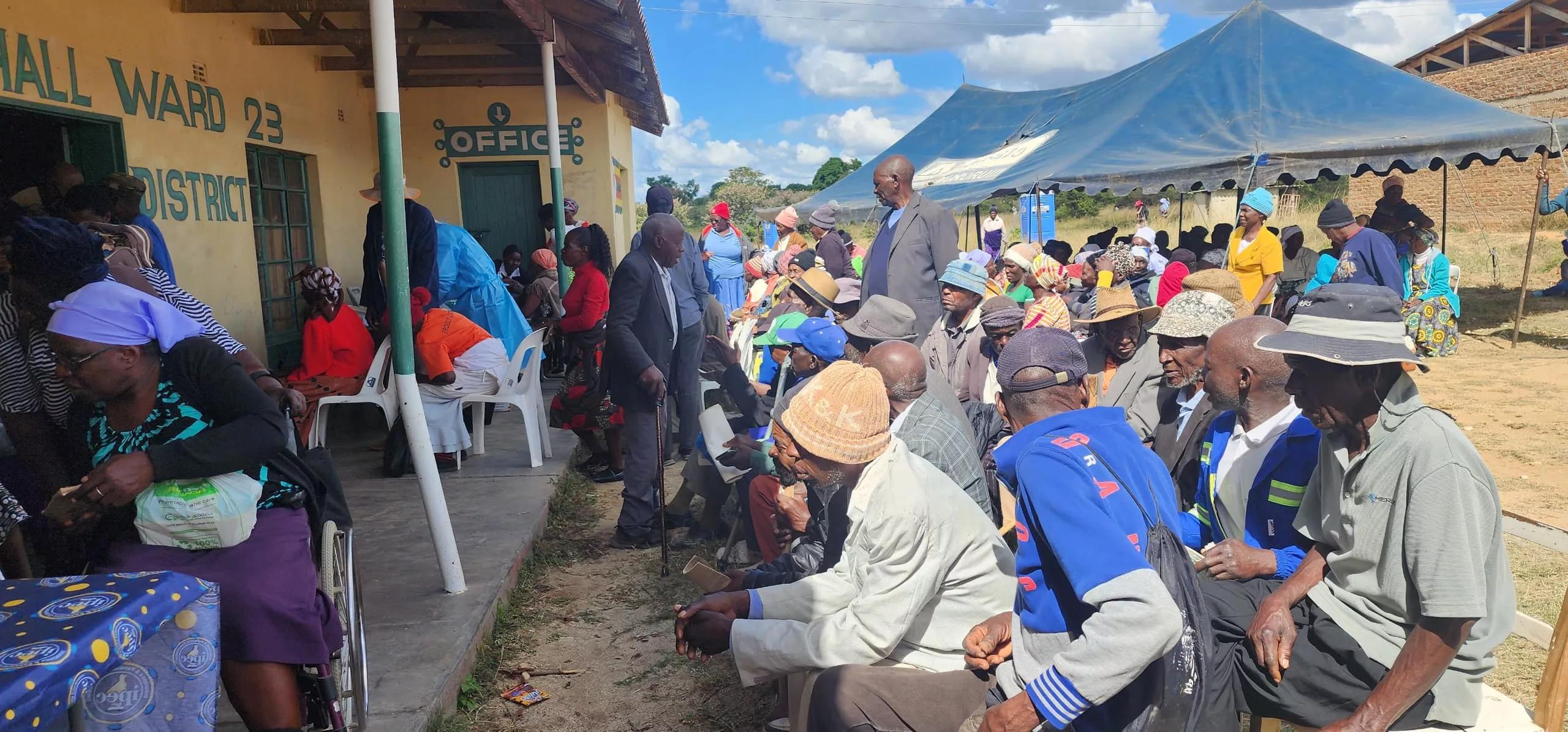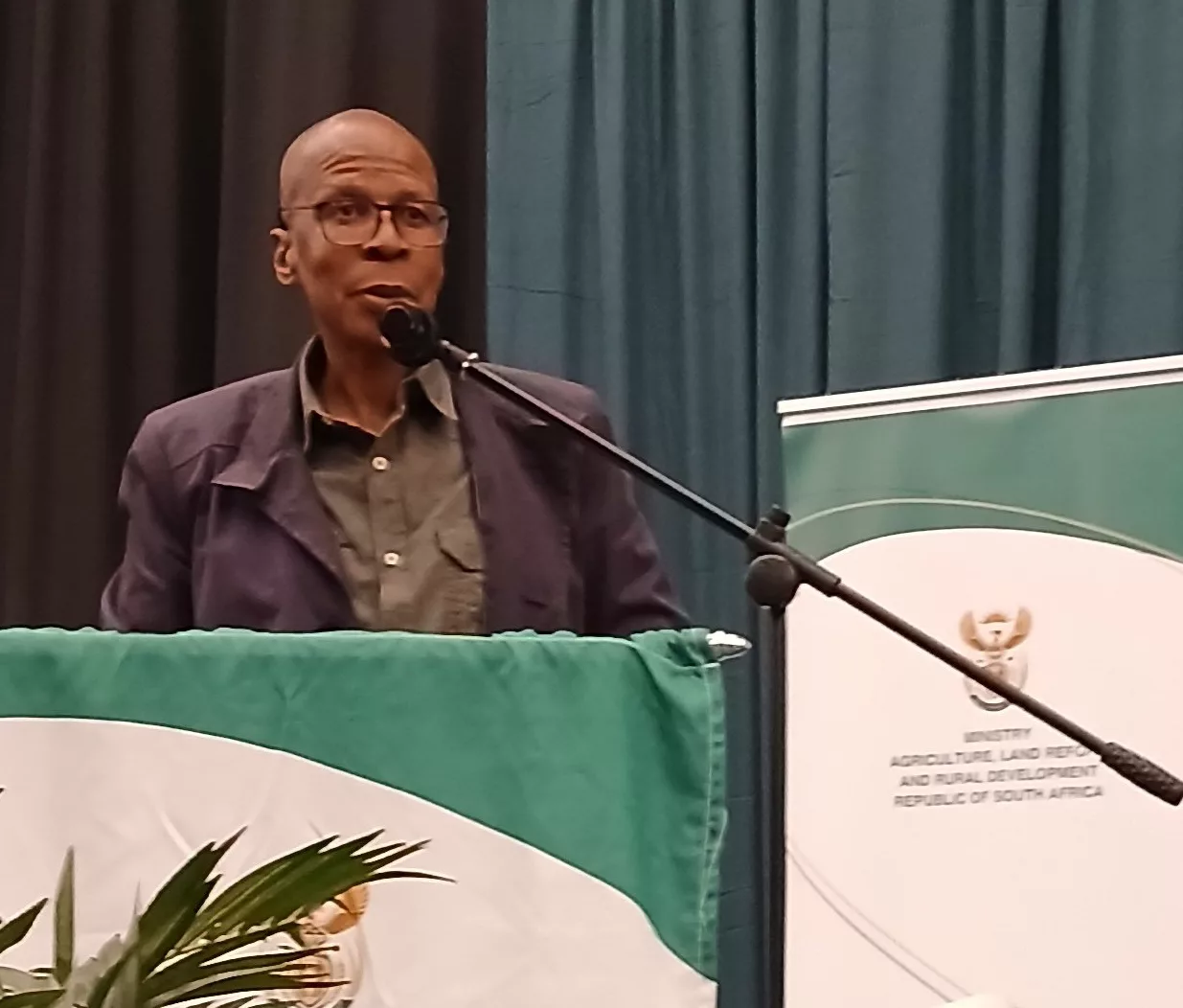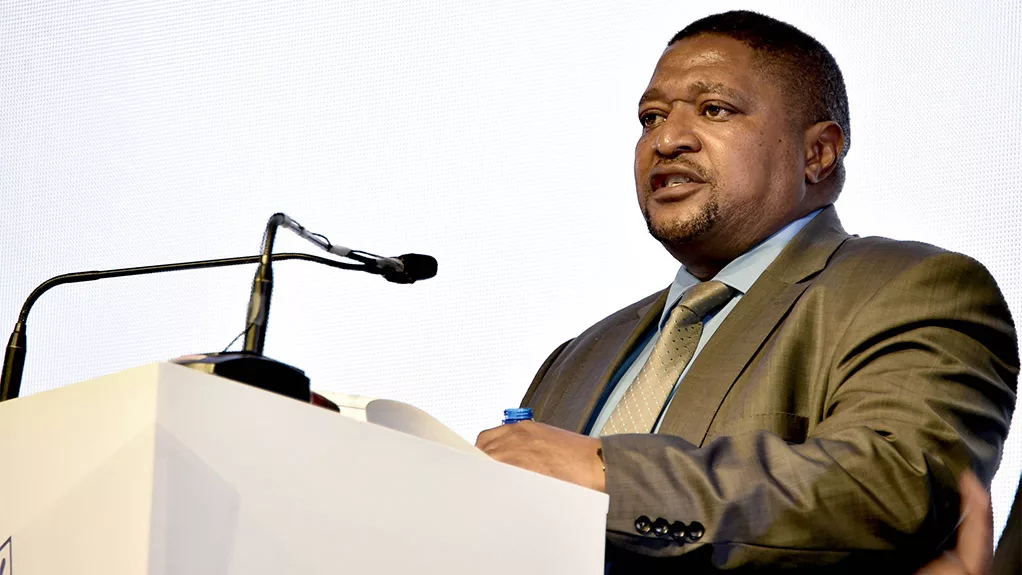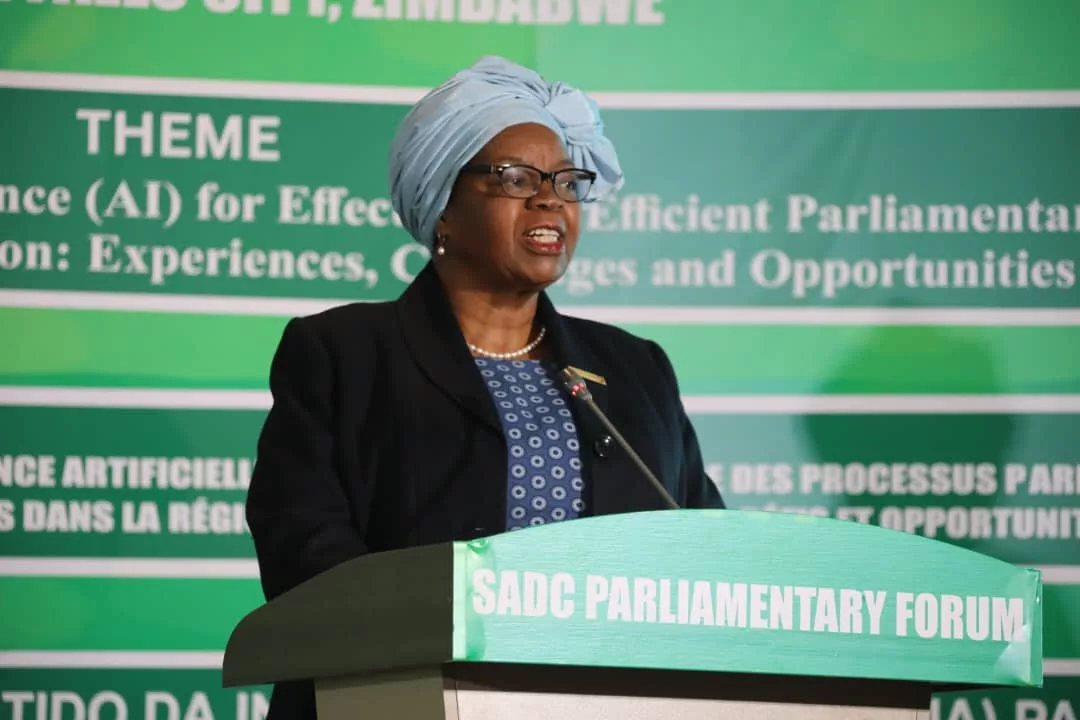By Byron Mutingwende
The Southern Africa HIV and AIDS Information Dissemination Service (SAfAIDS) is advocating for SADC Member States to scale up prevention of unintended pregnancies and unsafe abortions among sexually active adolescents.
To do this the organisation is employing a number of strategies including developing and rolling out a regional campaign in the SADC region. The Regional Advocacy Campaign will engage Men and Boys as proponents of ‘My Choice, Our Choice,’ collaborating with adolescent girls and young women, on ending unsafe abortions through influencing policy.
SAfAIDS commissioned an expert consultant, PCI Media, to lead in the development and roll out of the regional campaign. As part of the campaign development process, PCI Media and SAfAIDS are hosting a regional Design Workshop with key stakeholders representing SADC Ministries of Health, civil society and youth networks, in Harare, Zimbabwe, from 29th to 30th May 2019.
Meesha Brown, the Executive Director of PCI Media and Gina Margillo, Director of Communications at PCI Media, with the staff of SafAIDS, facilitated a participatory workshop to develop messages for the Campaign to End Unsafe Abortion in the Southern Africa Development Region. The aim of the campaign is to help policy makers recognise the scope and impact of unsafe abortion, foster better understanding of boys and men on how to support women and girls’ bodily autonomy, and raising the knowledge of girls and women about their sexual and reproductive rights particularly around pregnancy and abortion.
One critical component of the workshop included a discussion of guidelines for having rights based discussions on abortion.
“Abortion is a human rights issue, meaning that gender equality, body autonomy and access to health care is a fundamental right of all people. It is also a public health issue, meaning that the ability to terminate a pregnancy is paramount to a women’s mental and physical health. Good messaging should take these points into account while challenging social norms within the cultural context,” said Ms. Margillo. The group also talked about the importance of clear, accurate, honest language that does not stereotype or stigmatise and that recognises that each woman’s experience is unique.
For Ms. Margillo and Ms. Brown, the opportunity to share this reciprocal learning experience with communicators from 16 countries has been a rich one. Learning about the myths that are perpetuated and the specific terminology that is used in each country helps us understand how to identify our audiences and create messages that resonate with people.
PCI Media is a non-profit organisation that works with communities to harnesses the power of story telling for social change. With offices in Mozambique, New York, St. Lucia and Bolivia, PCI Media has worked in over 60 countries in the field of social and behavioural change communication.
In her opening remarks at the workshop, Mrs Lois Chingandu, the SAfAIDS Executive Director said the workshop is timely, with the ongoing debate on abortion, on a global scale following the signing of the ‘Alabama Human Life Protection Act’, which prohibits abortion under any circumstance unless it is only to save the life of the mother.
This is the most recent law in a wave of anti-abortion legislative following the reinstatement of the Mexico City Policy, popularly known as the Global Gag Rule in January 2017. Under the legislation, doctors could face up to 99 years in prison for performing an abortion, and women in Alabama could face jail for having, or even trying to have an abortion, this also applies in cases of rape or incest.
Although not yet officially passed into law, the restrictive law poses a great threat to women and girls’ SRHR not only in the USA, but globally. The Alabama Human Life Protection Act and the ‘Heart Beat’ Law passed in 4 American States, (prohibiting abortion once a foetus’ heartbeat is detected) have caused a disastrous ripple effect globally, challenging global gains made towards safeguarding women and girls’ health and wellbeing through provision of comprehensive SRH information and services without restrictions.
“Sexual and reproductive health and rights are rooted in fundamental human rights, and aim to uphold and safeguard the dignity, agency, bodily integrity and autonomy as well as wellbeing of all; ensuring that everyone reaches their highest potential. Restrictive abortion laws rob women and girls of their dignity and strips them of the power of choice, and to make decisions over their own bodies, and control over their SRHR, inflicting untold violence and pain. We will not attain the SDGs unless we address all forms of barriers and restriction in SRH information and service provision.
“That is why the SADC region collectively is increasingly recognising the importance of investing in and upholding SRHR of all citizens in the region. Various like-minded stakeholders, respective SADC Member States Governments, civil society and youth networks, are focusing on strengthening SRHR initiatives for increased positive SRHR for all citizens in the region, including for women and girls as key populations,” Mrs Chingandu said.
In line with the SADC (2019-2030) Strategy for Sexual and Reproductive Health and Rights (SRHR), the Commission on the Status of Women (CSW 62) whose focus was on achieving gender equality, and the Sustainable Development Goals (particularly SGDs 3 and 5) on ensuring healthy lives and promoting wellbeing, and achieving gender equality and empowering women and girls respectively, SAfAIDS is implementing a three and a half year (2018-2021) regional policy and advocacy programme code-named Transforming Lives. The programme seeks to influence the policy environment in three thematic SRHR spheres of SGBV, adolescent unintended pregnancy and unsafe abortion with links to maternal mortality as well as access to youth friendly SRHR information and services.
“This regional workshop presents a timely opportunity to analyse and address the widening gap between policy and legislation, as well as implementation as it relates to SRHR, particularly preventing early and unintended pregnancies (EUP) and ending unsafe abortion. Policies governing access to contraceptives and safe and legal abortions vary considerably among the 16 SADC Member States, as guided by country priorities, culture and religion.
“These variations sometimes present barriers in achieving sustainable development and safeguarding gender equality and the health and wellbeing of SADC citizens, particularly women and girls, as enshrined within the SADC vision of a ‘common future’ for all SADC citizens. Hence the urgent need to reflect on regional and national priorities,” Mrs Chingandu added.


